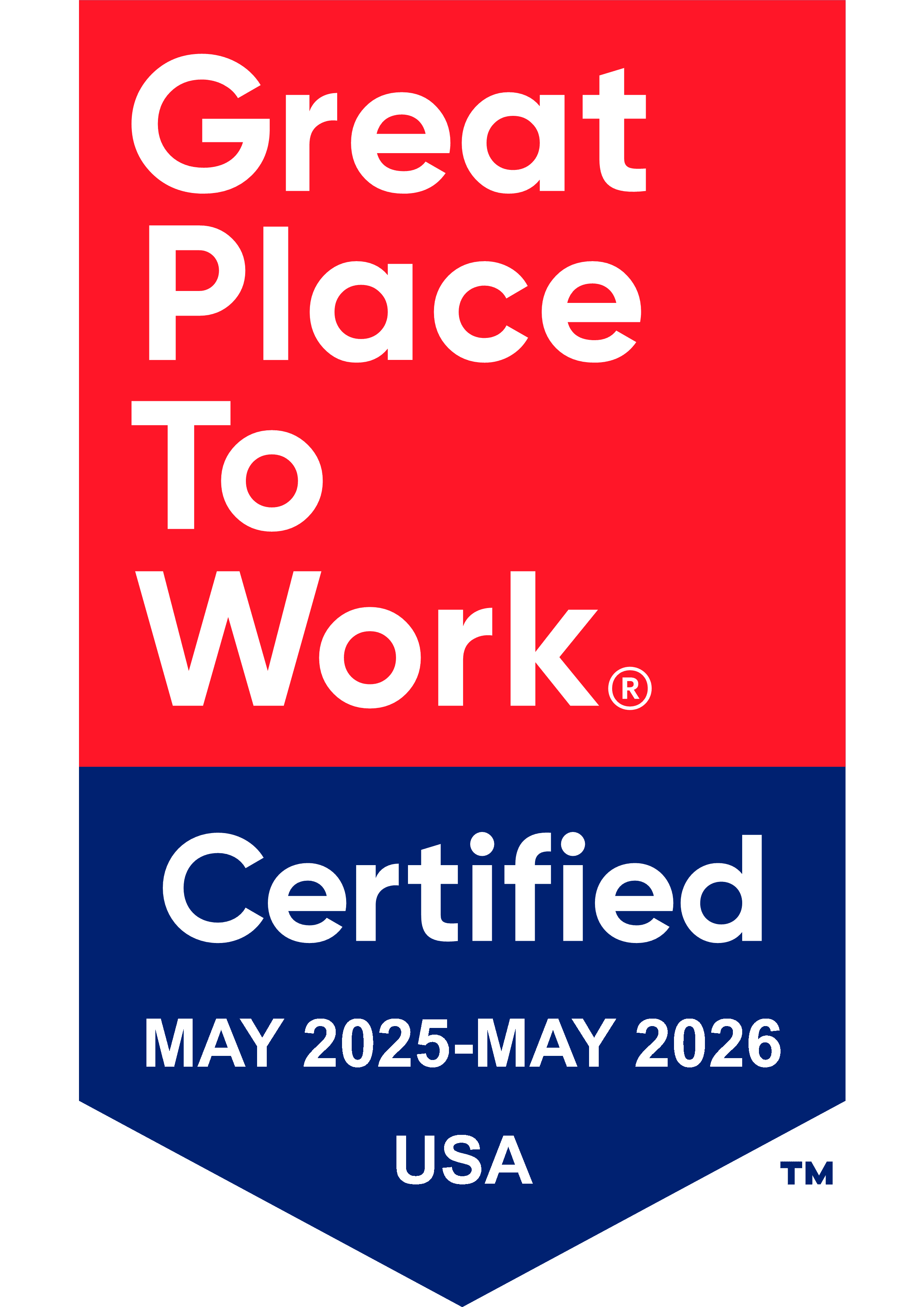The Love Detroit Prevention Coalition’s approach to addressing substance use is heavily data driven. From the outset, Dr. Grenae Dudley and her team recognized the importance of having accurate, localized data to measure the impact of their interventions. Initially, they faced challenges in obtaining ZIP code-specific data, which was crucial for evaluating the effectiveness of their efforts. Dudley explained, “How do I know if I’m doing all this work, we’re getting all these people at the table, and how do I know it’s impacting my ZIP code?” To overcome this, the coalition engaged in extensive data collection efforts, including participating in statewide committees and developing custom surveys to track substance use trends among youth in their target areas. State and local resources had to be mined and analyzed to drill down to the local ZIP code level data that the coalition needed to inform its operations.
Collaboration with state and local health departments has also been instrumental in refining the coalition’s data collection methods. The coalition has worked closely with entities like the System for Opioid Surveillance (SOS) to gather near real-time data on overdose incidents. “We get real-time data that we can access that tells us last week on how many overdoses by ZIP code in the city of Detroit by age, by race and by gender,” Dudley mentioned. This data has been pivotal in informing the coalition’s strategies and ensuring that their interventions are both targeted and effective.
Challenges and Lessons Learned
While the coalition has seen great success in engaging youth, involving adults—particularly parents—has been more challenging. The coalition has tried various strategies to increase adult engagement, such as involving parents in events where their children are already participating and creating opportunities for parents to volunteer in coalition activities. However, sustaining this engagement over time remains a challenge, and the coalition continues to explore new ways to motivate and involve parents more consistently. “Our youth are not the problem; it’s our parents and getting the parents to be actively committed over time,” Dudley observed.
Operating in a predominantly African American community, the coalition is acutely aware of the need for culturally sensitive approaches. This sensitivity is not just about understanding the cultural dynamics of the community but also about being present and accessible. Understanding any policies or practices that are under consideration regarding substance use among our youth do not follow with unintended consequences that disproportionately impact the communities and families that we serve. The coalition has made it a point to meet youth where they are, primarily in schools, and to ask them directly what they need and how they want to be supported. “You can’t expect them to come to my agency. It’s really: we’re coming to you,” Dudley emphasized. This approach has not only increased participation but also ensured that the coalition’s initiatives are relevant and effective.
Future Directions
Looking ahead, the coalition plans to expand its partnerships with local businesses, community organizations, and other coalitions. By broadening its network, the coalition aims to amplify its impact and bring more resources to the communities it serves. This includes pursuing joint grant opportunities with partners like the Detroit Housing Commission to address substance use issues among specific populations, such as single female-headed households. “We provide services with them, and they want to go after a grant together with us,” Dudley said, illustrating the coalition’s ongoing efforts to expand its reach and impact.
Sustainability is a key focus for the coalition as it looks to maintain and grow its impact. The coalition has been successful in securing a variety of funding sources, including the Drug-Free Communities (DFC) Support Program Grant, the Strategic Prevention Framework Partnership for Success (SPF-PFS) Grant, and private funding from organizations like Blue Cross Blue Shield of Michigan. “When you do good work, you involve the community, you involve youth, and you involve parents. I think that the funding follows you,” Griffith noted. These funds have been instrumental in supporting the coalition’s activities and will continue to be crucial as the coalition seeks to expand its work.
Conclusion
The Love Detroit Prevention Coalition has made significant strides in addressing substance use among youth in some of Detroit’s most challenging neighborhoods. Through strong leadership, a commitment to data-driven strategies, and deep community engagement, the coalition has not only achieved measurable successes but has also laid the groundwork for sustained community change. “Being willing to make sure that network is there… is really important,” Dudley reflected. As the coalition looks to the future, it remains committed to its mission of preventing substance use among youth, expanding its partnerships, and continuing to serve as a model for community-led prevention efforts.
To learn more about the Love Detroit Prevention Coalition, visit their website here.


